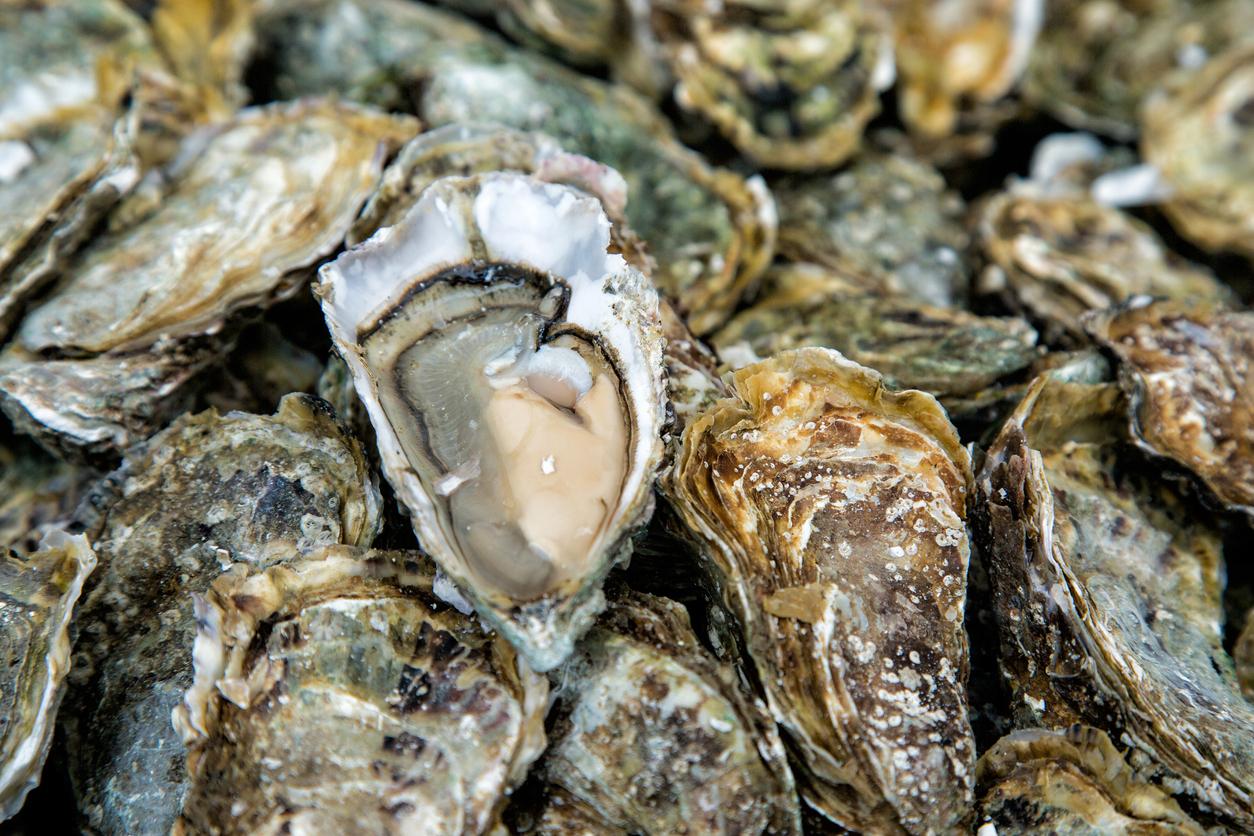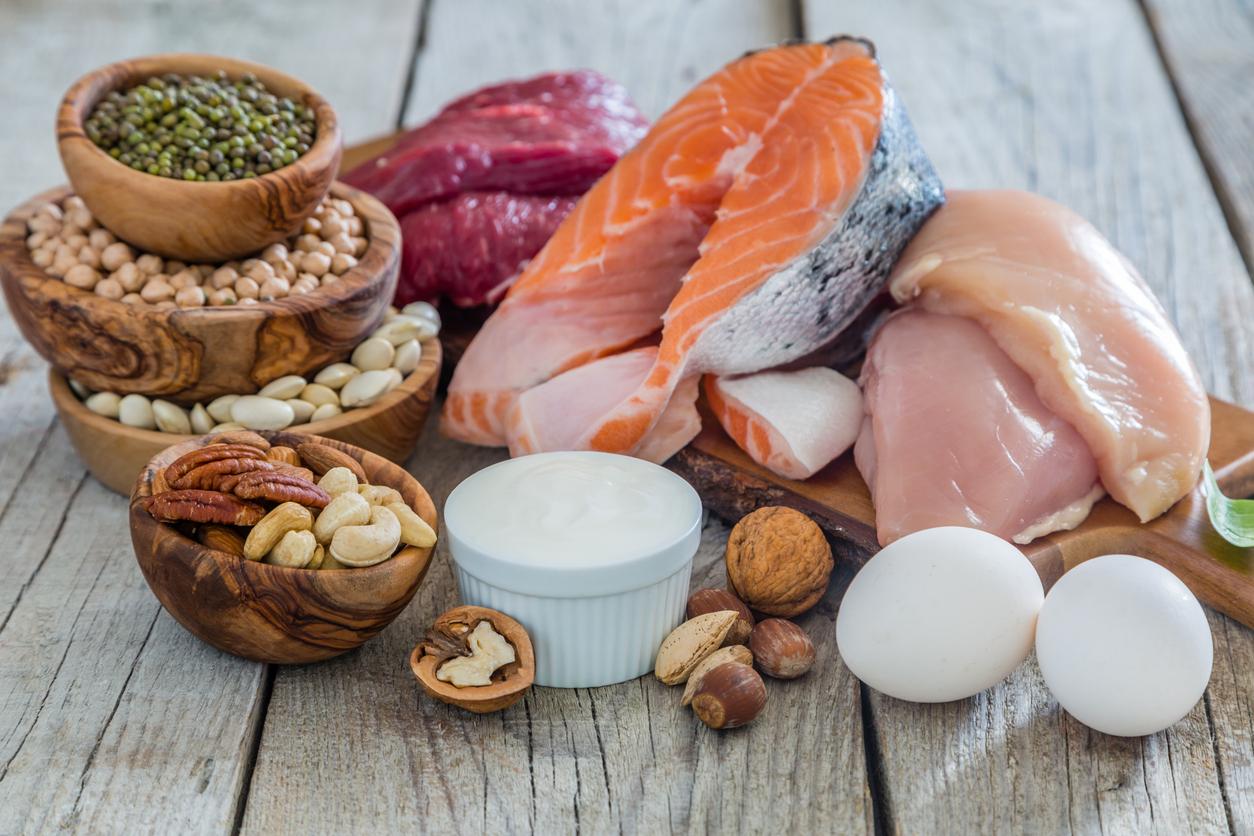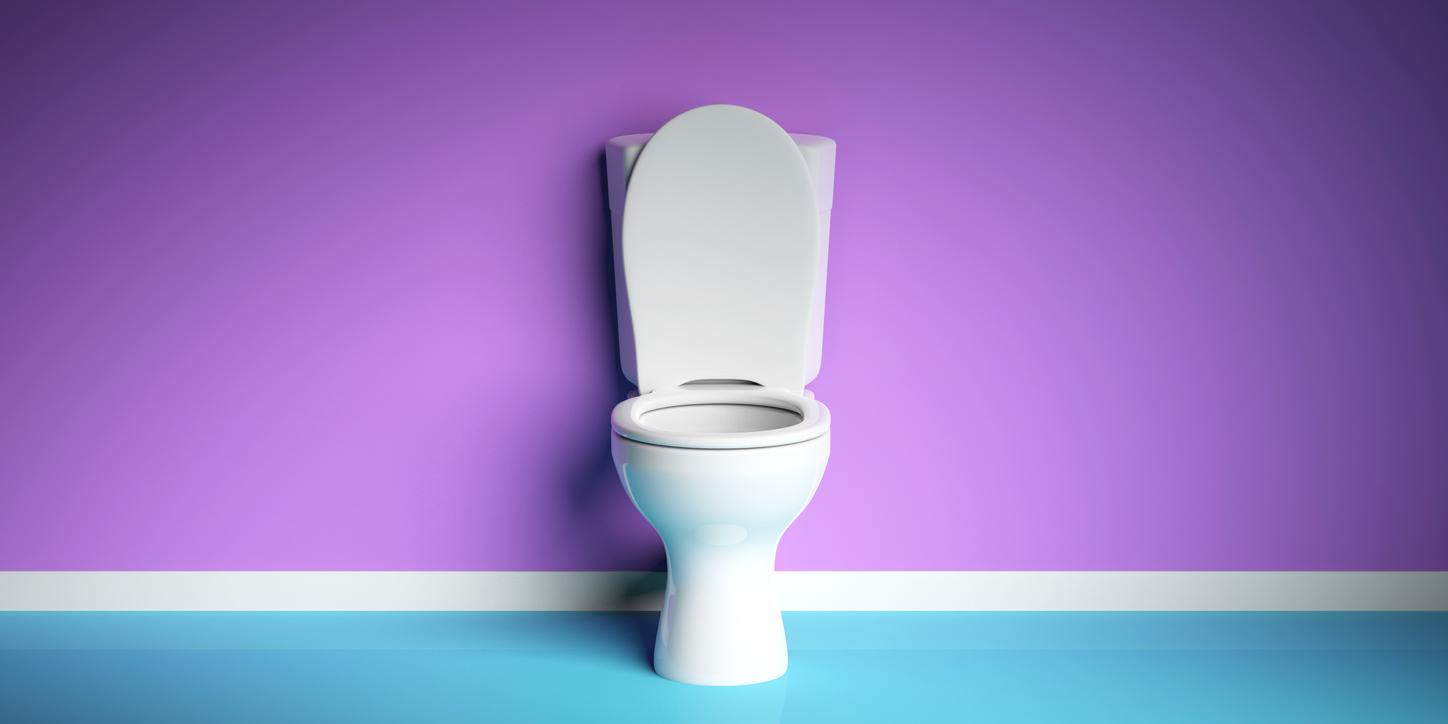The use of proteins – of animal and vegetable origin – to slim down is a practice established by several slimming diets. “The problem with restrictive diets based on excessive protein consumption is that they cause many inconveniences: constipation, dry skin, bad breath, feeling of ill-being… lists Marjorie Crémadès, dietitian.
However, without going to the high protein diet, consuming protein is interesting for weight loss. Provided that this consumption is done as part of a balanced diet.
In reality, more than the type of protein, it is the food containing it that must be considered when trying to lose weight. ” And there, the sources of vegetable proteins have a card to play.
With vegetable proteins, we store less
Putting more protein plants on the menu activates various key levers in weight control. ” Apart from tofufoods that are sources of vegetable protein, such as legumes, whole grains, quinoa, buckwheat or even nuts, also contain fiber and complex carbohydrates, which make them naturally satiating. Their glycemic index is low. When they are consumed, the pancreas is less stressed, insulin secretion is minimal. Less is stored. »
Nevertheless, to benefit from the appetite suppressant effect of protein plants and better control its weight, the entire content of the plate must be optimized.
Vegetable proteins limit inflammation in the body
Another advantage of plant sources of protein on weight control: their anti-inflammatory action.
“Protein plants mostly contain antioxidants and nuts even contain polyunsaturated fatty acids. These “good” fats and anti-free radicals help fight against inflammation in the body, which is essential in weight management,points out our expert.
Obesity, just like diabetes, hypercholesterolemia, hypertriglyceridemia are inflammatory diseases! Saturated fatty acids found especially in fatty meat or cheese are pro-inflammatory. Consuming it regularly can lead to greater difficulty in losing weight. »
However, it is not necessary to give up putting animal proteins on the menu to hope to reduce your waistline.
We start by greening the evening plate
“To all those who are looking to lose weight, I recommend starting by consuming more legumes – increasing the intake gradually to accustom your intestinal flora – and greening your evening meal. In a smart way, to avoid stockpiling.
If, for dinner, you enjoy a mozzarella tomato salad with bread, or a soup accompanied by bread and cheese, it is obvious that you will gain weight… (This plate being unbalanced, too rich in fat via the cheese, low in vegetables and not satisfying enough. ) On the other hand, if you eat 2/3 of a plate of ratatouille with 1/3 of brown rice, there is no problem. With this vegan dish, you consume protein, fiber, complex sugars, relieve the liver, gain sleep quality and feel full. »
The fibers contained in plants – protein or not – also help maintain the microbiota. “This is an important point, because a well-balanced intestinal flora plays a key role in maintaining or losing weight,”emphasizes the nutritionist.
We associate legumes and cereals in the same day
“The best diet in the world remains the Mediterranean diet. It contains good fat – that of olive oil, nuts -, fish, fresh fruits and vegetables, seeds, whole grains, legumes, a little lean meat such as poultry, eggs, a little bit of cheese…
Let it be said: you don’t become vegetarian or vegan to lose weight. It is an aberration. Because you can eat “vegetarian”, and badly! By opting, for example, for hyper-processed vegetable protein products such as vegetable steak, which often contain additives, bad fats and added sugars, points out our expert.
Or simply, by making the mistake of not consuming enough protein. Globally, foods of plant origin are on average two to three times less protein than meat. We must take care to consume protein plants in sufficient quantity to meet our daily needs (either 0.8 g of protein per kilo of weight, Ed), warns Marjorie Crémadès. Et to associate legumes and cereals in the same day, to obtain complete proteins. »
To be sure to meet these needs, it may be wise to be accompanied by a dietician, especially in the context of a weight loss diet.
Our expert: Marjorie Crémadès, dietician-nutritionist in the Bordeaux region















